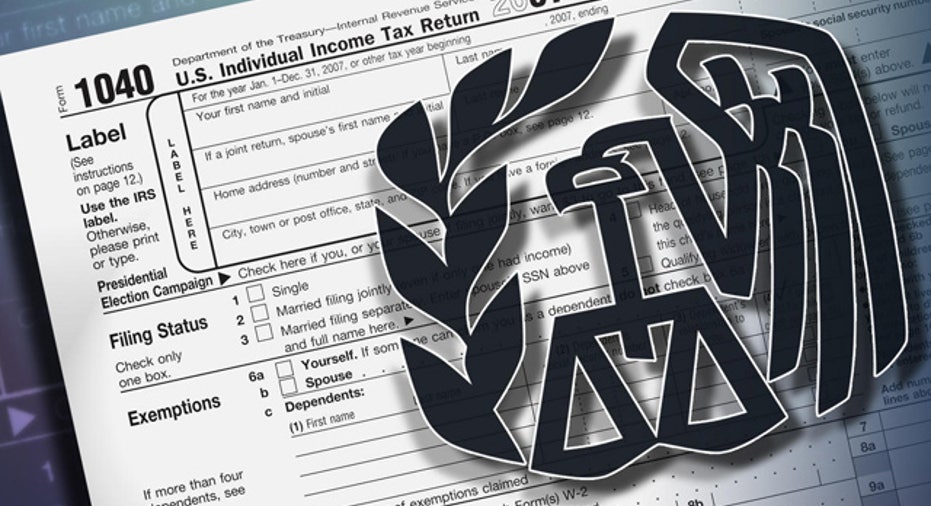How to Deduct Employee Business Expenses

Employees that find themselves with business-related expenses that are not reimbursed or are only partially reimbursed by an employer, could have a viable tax deduction that can result in significant savings.
But here’s the thing: If you take the standard deduction, you will not be able to deduct employee business expenses. You have to be able to itemize deductions on Schedule A in order to enjoy the write off. If you have enough unreimbursed employee business expenses, it could push you into itemized deductions.
Even if you are able to itemize, you do not enjoy the full deduction because you must subtract 2% of your adjusted gross income from the sum of your employee business expenses, and the remainder is your write off. For example, if you make $100,000 per year, you would pretty much have to forget about the first $2,000 of expenses.
However, there are some special cases. A performing artist or a fee-basis state or local government official may take the deduction above the line on Line 24 of Form 1040. But, as usual, it’s not terribly straightforward so check the Instructions for Employee Business Expenses to make sure you qualify. A disabled person who has impairment-related business expenses must be able to itemize deductions but will not have to subtract 2% of gross income from the total.
So if you’ve made it past all that and still qualify, then you might be interested to know what you can deduct.
If you telecommute because your employer has no desk space for you, you may be able to deduct a home office. The area you deduct must be used exclusively and on a regular basis for your job. For more rules and information, see the Instructions for Deducting Home Office.
Deducting your vehicle expense is usually major, and you cannot deduct any commuting expense whatsoever. But the miles you rack up running errands or meeting with clients or potential clients can put tax dollars back in your pocket. However, if your employer reimburses you, you have no deduction. And if your employer does reimburse you, make sure it’s an accountable plan, wherein you must record your mileage and receive reimbursement based on those numbers. If instead, you have a vehicle allowance - say your employer gives $500 per month for vehicle expense - you will be at a disadvantage tax wise because that extra money will be added to your W2. And as previously stated, the write off will be subject to the 2% of AGI limitation. And if you can’t itemize deductions at all, you will pay taxes on the entire sum! Check out the information under Deducting Vehicle Expenses. Note that you can elect either standard mileage rate or if you use your vehicle more than 50% for business you use actual expenses. Make sure you keep a mileage log.
Well, here’s the good news: The IRS says you may deduct all ordinary and necessary business expenses. The rule becomes subjective, doesn’t it? I tell folks to ask themselves, would I have incurred this expense if I didn’t need it for business? When you look at it in those terms, you will be able to judge what is deductible versus what is a nondeductible personal expense. The most common unreimbursed expenses, aside from those listed above, include: office supplies, client gifts, meals and entertainment, internet, cell phone, computer, printer, I-Pad, calculators, travel, continuing education, licenses, uniforms, cleaning of uniforms and protective gear.
When it comes to meals and entertainment, be sure to learn the rules. They can be somewhat tricky. For more information, follow this link: Meals, Entertainment, Travel, and Car Expenses
Bonnie Lee is an Enrolled Agent admitted to practice and representing taxpayers in all fifty states at all levels within the Internal Revenue Service. She is the owner of Taxpertise in Sonoma, CA and the author of Entrepreneur Press book, “Taxpertise, The Complete Book of Dirty Little Secrets and Hidden Deductions for Small Business that the IRS Doesn't Want You to Know.” Follow Bonnie Lee on Twitter at BLTaxpertise and at Facebook.



















